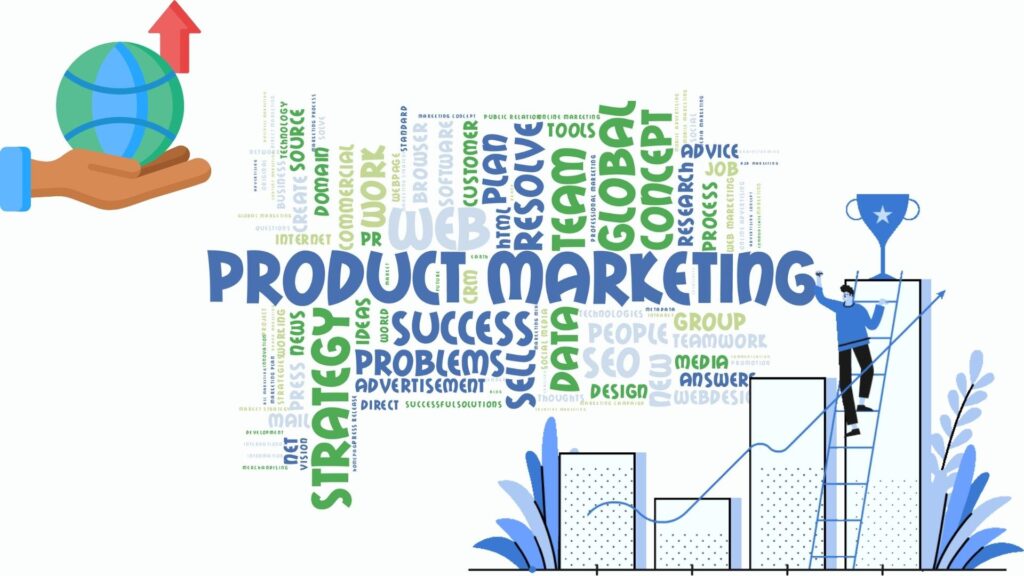Introduction.
Digital marketing is just one industry that has benefited greatly from the widespread adoption of AI in the business world. The current revolution in artificial intelligence technology will have far-reaching effects on our methods of client engagement, content creation and distribution, and campaign evaluation. In this piece, we’ll talk about how artificial intelligence (AI) has changed the face of digital marketing and where the industry is headed.
Audience Segmentation.
The primary advantage of AI for digital marketers is that it helps them better define and segment their intended audience. It’s easy to feel lost in the sea of data when you’re trying to make sense of everything that’s posted online. Artificial intelligence systems can analyze this information for trends, which can then be used to divide audiences into smaller groups and create more specific advertisements. Because of this, businesses see greater success in terms of conversions and ROI.
Content creation.
Artificial intelligence is being used in many parts of the content creation and distribution processes, including the categorization of audiences. Chatbots, which can be used to communicate with and provide information to customers, are growing in popularity and are likely to become more commonplace in the near future. They can be programmed to handle common customer inquiries, provide guidance, and even make sales on their own. Material generators powered by AI can also produce high-quality, engaging content that is tailored to a specific audience. Companies with a high content production burden and limited resources will find this particularly useful.
Personalization.
One of the most valuable aspects of AI is its potential to enhance the individualization of digital marketing campaigns. Client data, such as browsing and purchasing histories, may be analyzed by AI systems to generate highly personalized experiences for each customer. As a result, this may increase conversion rates and satisfaction among existing customers. Using a customer’s browsing and purchasing history as inputs, artificial intelligence can help an online retailer make product recommendations.
Artificial intelligence (AI) can be used to analyze and measure the success of digital marketing campaigns. It can be difficult to tell which campaigns are successful when using more conventional methods of analytics. Campaign optimization and ROI enhancement are two areas that can benefit greatly from the use of AI algorithms’ ability to analyze large amounts of data and spot trends.
Conclusion.
In conclusion, the impact that AI has had on digital marketing has been enormous, and it is reshaping the ways in which we communicate with clients, produce and distribute content, and evaluate the success of our campaigns. In the realm of digital marketing, companies that are early adopters of artificial intelligence and successfully leverage its capabilities will have an advantage over their competitors. However, it is essential to keep in mind that artificial intelligence shouldn’t be utilized to replace humans but rather to supplement and improve their capabilities. As a consequence of this, companies should make investments in tools and technologies that are enabled by artificial intelligence (AI), but they should also make certain that they have a comprehensive grasp of the data, algorithms, and ethical considerations that come along with them.



